How to Protect your Smartphone from Mobile Attacks
With increasing popularity of tablets and more than 1 billion smartphone users in the world, access and storage of sensitive data and information via mobile devices has increased dramatically. Simultaneously, mobile attacks including device theft, viruses and malicious apps are on the rise and it’s important to treat mobile devices with the same precautions as computers.
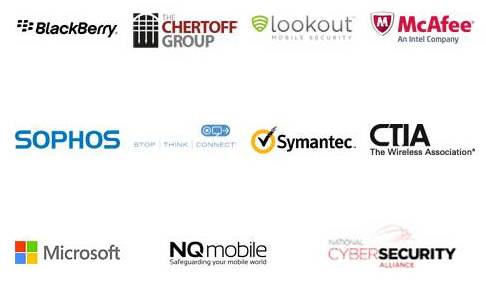
Partnership of FCC with government experts, smartphone developers, & private IT & security companies
To assist the more than 20 million American smartphone owners, the FCC partnered with government experts, smartphone developers, and private IT and security companies and created an online tool to help consumers with smartphone security. Participants in this public-private partnership include DHS, NCSA, FTC, CTIA, Lookout, BlackBerry, Chertoff Group, Sophos, McAfee, Symantec and others.
Consumers select their mobile operating system (Apple iOS, Android, BlackBerry, or Windows) and then follow 10 customized steps to help protect their device. The steps include guidelines for setting pins and passwords, finding security apps, enabling remote device location and data wiping, and backing up and securing data in case of loss or theft. Guidance is also provided regarding safe use of public Wi-Fi networks and steps to take in the case of theft.
Before proceeding to the tool, a general review may be helpful. See, How to Secure your Smartphone and Increase Mobile Security. Some of us need to hear information multiple times and in different ways before we are ready to jump into action!
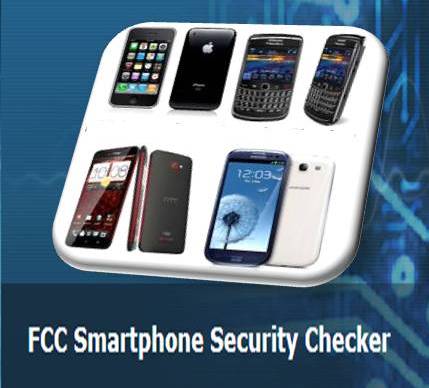 To access the smartphone security tool, click on FCC Smartphone Security Checker.
To access the smartphone security tool, click on FCC Smartphone Security Checker.
To print a pdf of the directions, click on the link for the operating system you want below:
- General smartphone pdf
- Android smartphone pdf
- Apple smartphone pdf
- Blackberry (RIM) pdf
- Windows Phone 8 pdf
Until next time… Stay Cyber Safe!

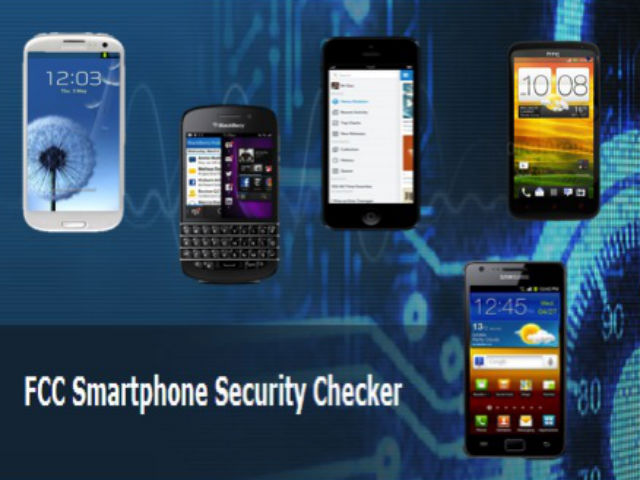
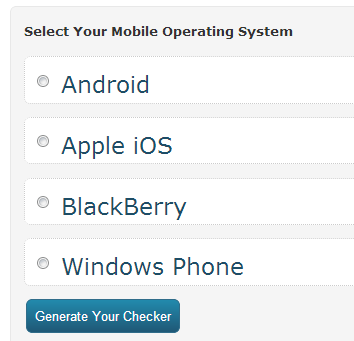
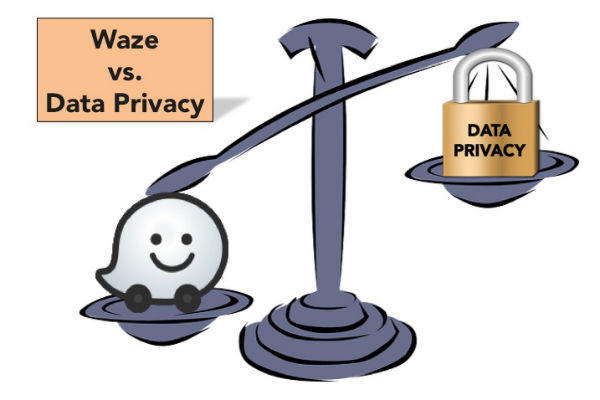
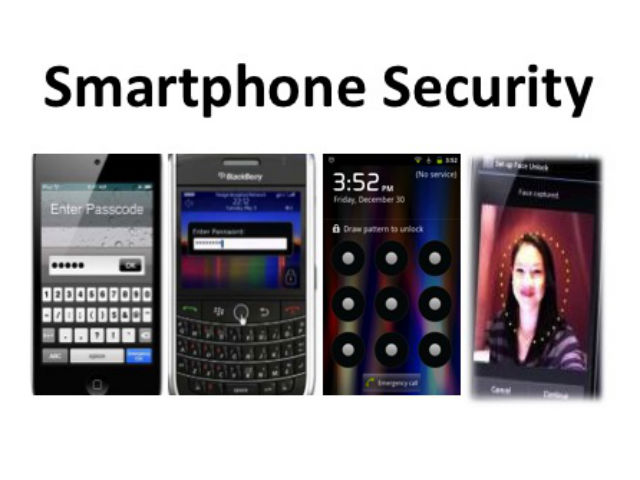
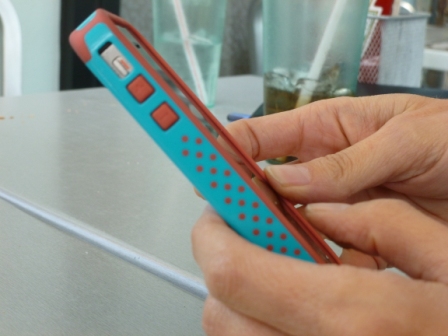
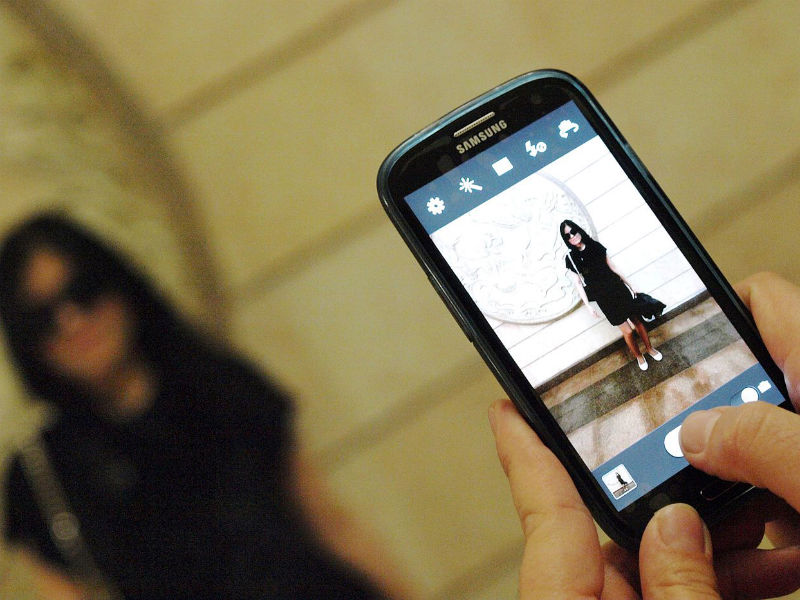



Well done Hayley – very useful article. Mobile phones are certainly the next sensitive area. Android in particular is vulnerable.
Thanks, Dave. Some of the suggestions are a nuisance but important to follow anyway. (Password protecting our phones, for example)
Wondering about home wifi security with respect to direct tv? They needed our password to sync the dvr. Is that okay?
Passwords should remain private. If you gave someone at Direct TV your network password, you can change it to a new password now. Make sure they show you the steps you’ll need to take to change your DVR password yourself so your DVR can sync without their help on a regular basis. Also, remember to reset it on any other devices that need internet access as they won’t work once you change your Wifi Network password.